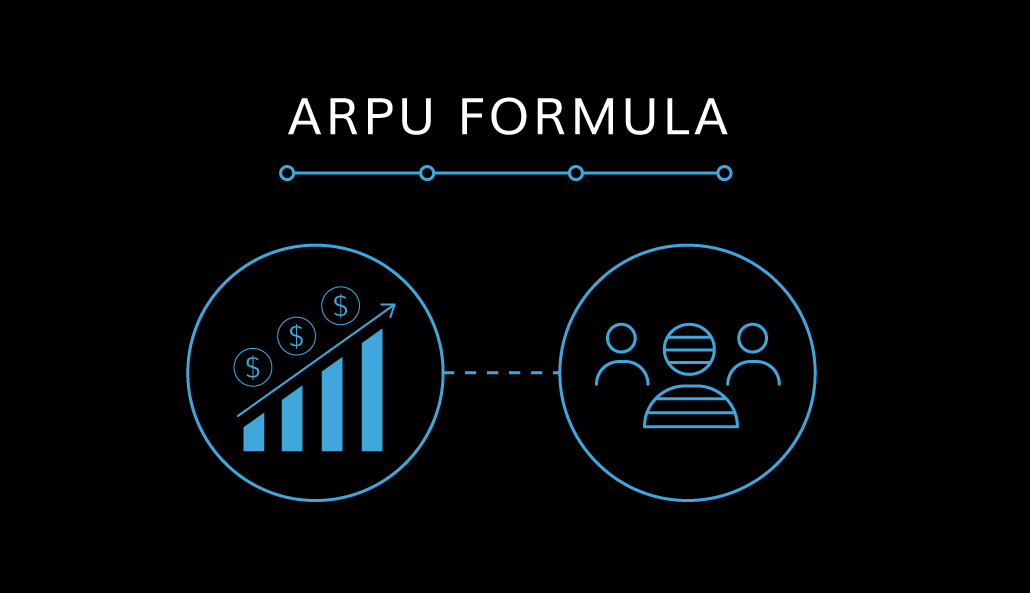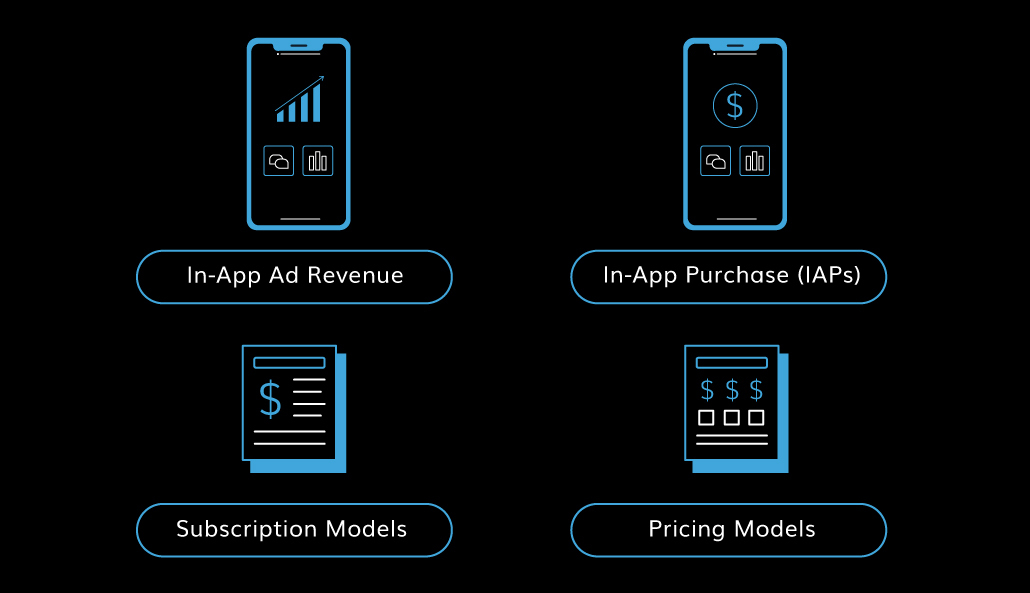In the world of mobile gaming, apps are more than just entertainment hubs; they’re businesses for publishers, developers, and marketers. While most mobile games are free-to-play, they generate revenue through various in-app monetization strategies. Understanding your Average Revenue Per User (ARPU) is crucial for analyzing the effectiveness of these efforts.
To increase ARPU in mobile games, you’ll need to know what it is and how to calculate it. We’ll introduce that next and follow with some takeaways to help you boost it.
What Is ARPU?
ARPU is an important mobile app KPI. Its definition is the average revenue you make from each user during a specific time period. You’ll be calculating all players who downloaded your app and are active.
How to Calculate Average Revenue
To calculate this metric, you’ll divide revenue by the number of users by a specific time period, which could be day, week, or month.
ARPU = Revenue /Users


Why is ARPU a Critical KPI?
A large user base doesn’t guarantee significant revenue. ARPU allows you to identify your most valuable users (often referred to as “whales”) and understand their behavior. This knowledge helps you develop strategies to attract and retain similar players, ultimately boosting your overall revenue.
What You Can Learn
- Impact of Events: Do in-game events influence revenue?
- Ad Effectiveness: Are different ad formats impacting revenue positively or negatively?
- Player Engagement: What days and times do your paying users typically engage with the app?
By analyzing ARPU data, you can identify trends and make informed decisions to optimize your app monetization strategy. Consider implementing A/B testing for different aspects of your game’s monetization (e.g., pricing models, in-app purchase offerings) to see what resonates best with your audience and drives the highest ARPU.
Industry Benchmarks: Events Drive High ARPU
Gaming apps collected $100 billion in 2020. In analyzing that number, gaming ARPUs were higher than ever. Why? This growth can be attributed to various tactics, including:
- In-game events and challenges
- Leaderboards and competitive multiplayer features
- Player customization options
- Chat functionality
- Daily rewards and login bonuses
- Guilds and clan systems
Leveraging these industry trends alongside your own user data can significantly improve your ARPU.
Tips to Increase Mobile Game ARPU


Now that you have data around your paying users, it’s time to exploit it to boost ARPU. Creating revenue from apps can occur in several ways:
- In-app ad revenue
- In-app purchases (IAPs)
- Subscription models
- Pricing models
Optimizing user experiences and being as relevant as possible to the user is critical. With your data and guidance from app monetization experts, you can experience lift around ARPU.
Monetization Strategies
Experiment with New Ad Formats
Not all ad formats are created equal. Regularly test different ad formats (e.g., rewarded video, interstitial ads) to see which ones generate the most revenue while maintaining a positive user experience. Consider using a performance-based ad platform that offers a variety of options to optimize user engagement.
Target Whales with Subscription Offers
Whales, a subset of your high-spending users, are a significant source of revenue. Subscription models can incentivize them to spend more consistently by offering exclusive content or benefits in exchange for a recurring fee. However, it’s crucial to strike a balance – subscriptions shouldn’t be essential for basic gameplay. Utilize your in-house expertise and conduct A/B testing to determine the optimal subscription features and pricing.
Maximize CPE Campaigns
Cost per engagement campaigns incentivize users to complete specific in-app actions. Identify key in-game events that drive user engagement and retention based on your data. Create targeted CPE campaigns around these events, offering players the chance to purchase virtual currency or in-game features at opportune moments in their gameplay journey.
For example, if reaching a certain level in the game leads to retention based on your data, create a CPE campaign around it that offers players the chance to buy virtual currency or in-game features. You know, at this point in their journey, they are devoted to your game, so present them with offers that make sense for their continued enjoyment of it.
Segment Users for Personalized Offers
Not all paying users are whales. Segmenting your user base based on demographics, in-app activity, or other relevant factors allows you to tailor in-app purchase offers and promotions to specific user groups for higher conversion rates.
Additional Techniques:
- Leverage Offerwalls: Offerwalls present user-initiated ad opportunities that can incentivize players to make in-app purchases, increase ad revenue through higher eCPM (effective cost per mille), and potentially reach new user segments depending on the offerwall provider you choose.
- Create Urgency with Limited-Time Deals: Limited-time offers can motivate players to take advantage of special promotions before they expire.
- Launch Monthly Specials: Align special offers and promotions with peak usage times identified through your user data to maximize revenue.
- Adjust Pricing Models: While increasing prices can be a straightforward way to boost ARPU, it should be data-driven. Carefully analyze market trends and user
Optimizing ARPU for Mobile Games
To achieve sustainable increases in ARPU, look to your data and what it tells you about monetization. Executing these tips could make sense for your mobile game. Be strategic in the changes you make and work with experts in the field like AdAction that offer a portfolio of inventory options. If this metric matters to you, then contact our team of app monetization experts today to get started.


Nick is a seasoned digital marketing expert with multifaceted expertise across SEO, paid media, content marketing and data analytics. Leveraging the latest technologies, Nick future-proofs brands through integrated strategies that enhance their visibility and maximize ROI.


